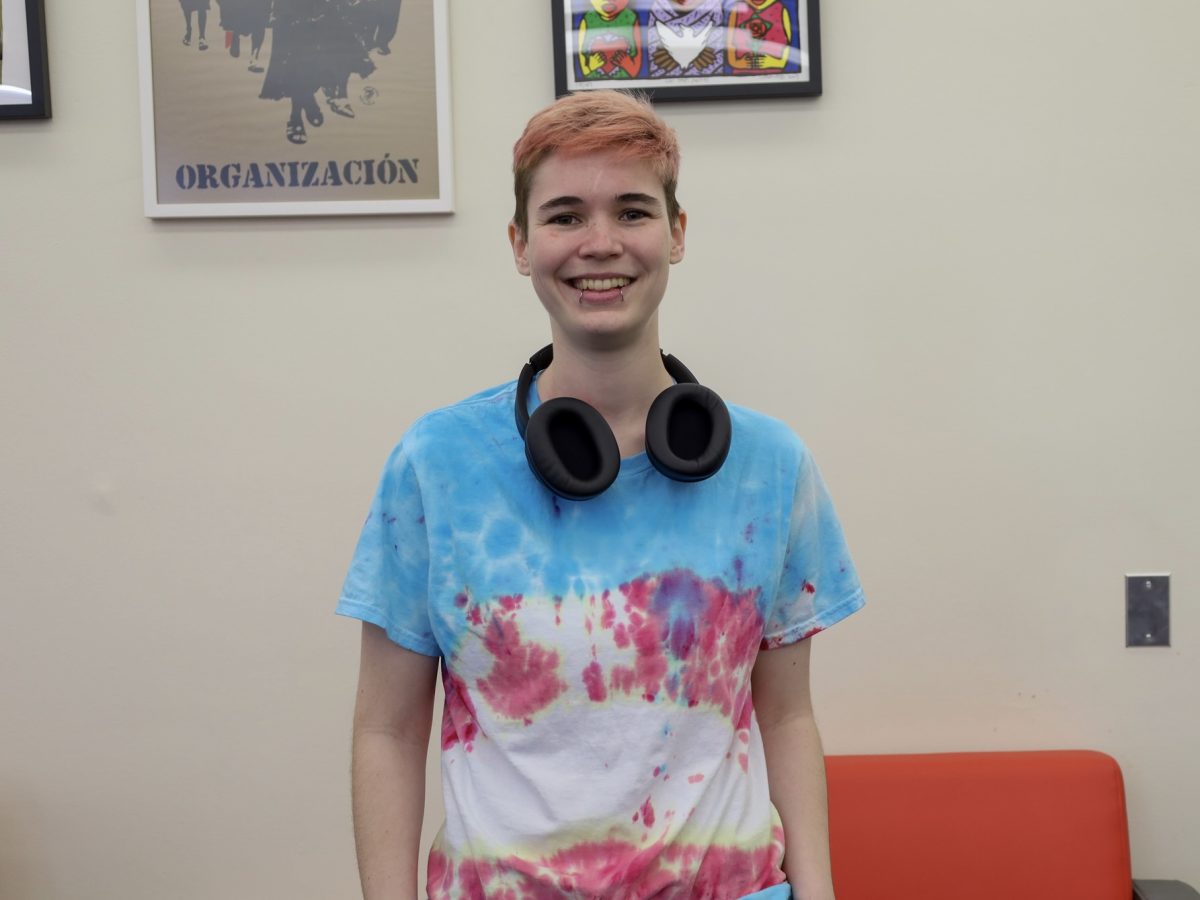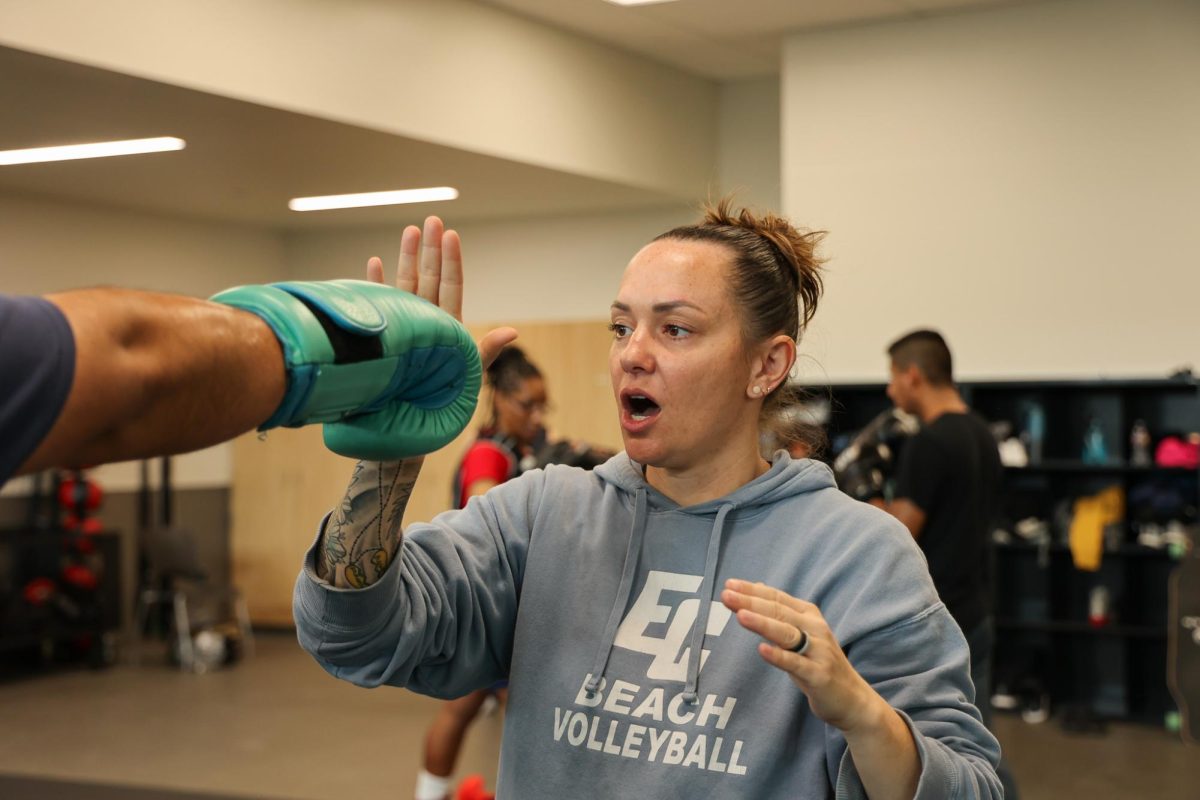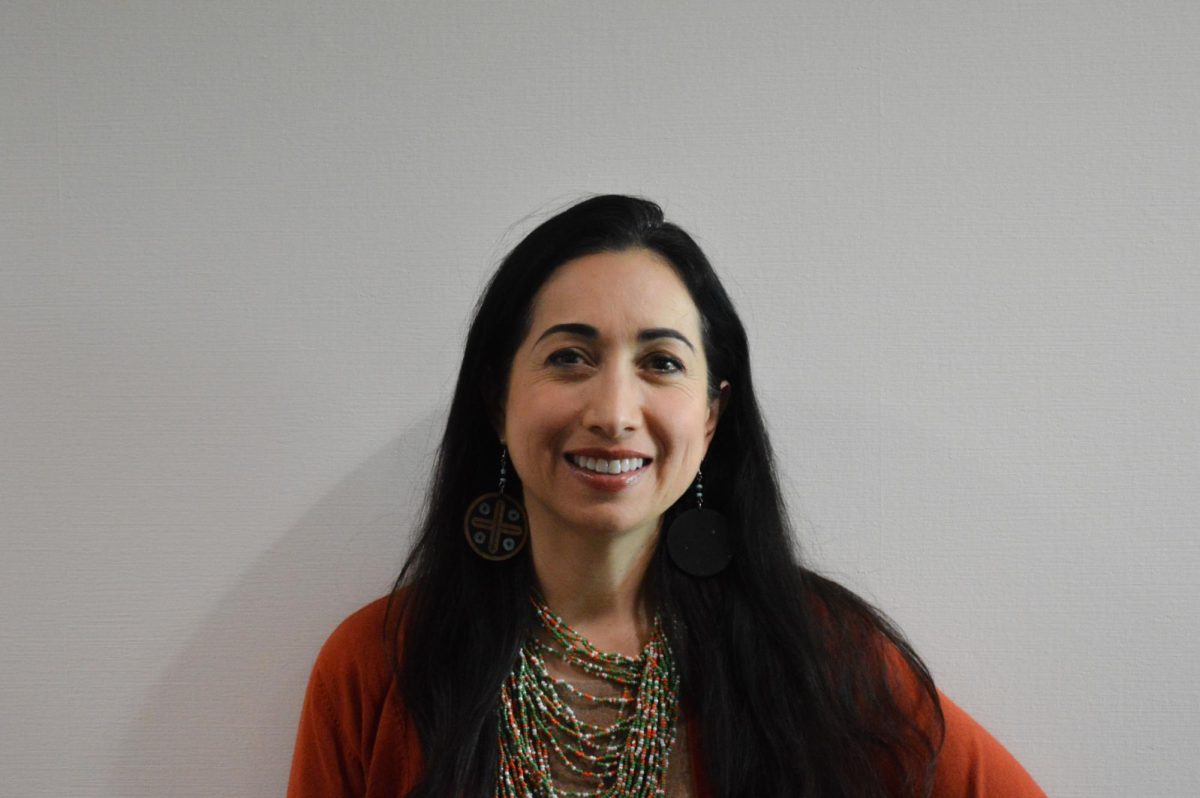Every morning, she would wake up to the sounds of farmland activity that surrounded her daily life in Samoa.
For Angel Leaumoana, 18, social work major, it was impossible to conceive living without completing weekly errands while making sure that everyone else was well taken care of.
Her female role in the household was clear.She was a woman and women are believed to be the caretakers; she had no idea that soon her entire world would change and so would she
“Back at home, I had to follow many of the traditions, but here I don’t,” Leaumoana said.
In honor of Women’s History Month, foreign women who have recently arrived to the United States were given the opportunity to share their insight on the difference between their culture and the American culture.
Hard-working women respected
In some cultures, like in the Samoan culture, women accomplish daily tasks that were assigned to them at birth.
“It is not like women are forced to do it (household errands), but it clicks in their heads that they have to help because it is the right thing to do,” Leaumoana said.
Women are honored and respected because of their position as caretakers, Leaumoana said about the women in her culture.
“We are supposed to look after the kids, cook and clean the house,” she said.
Women are also responsible for cutting wood, taking care of livestock and planting vegetables for family meals, she said.
Females redefine gender role
In Macau, Hong Kong and China, women have also obeyed this standard, although it is becoming less and less important in defining what a woman is supposed to be, said Ida Leong, 18, journalism major, said.
Most women are choosing to work in the same fields as men, “since some women work at a higher position than some men,” Leong said about the evolving status of women in her country.
Similarly, the age-old custom of choosing males over females is also becoming obsolete in modern Chinese culture, she said.
“Usually, most parents prefer to have a boy because the last name is saved through them,” said Leong, “but now all of that is changing.”
For both students, being in America is a privilege despite being unaccustomed to local ideals and mannerisms.
Leong, who appreciates being able to study in America, said that going to school here has given her the opportunity to learn through participation rather than memorization.
“I like the freedom here. When I was back at home, I just had to memorize. Teachers here give you more space to express yourself,” Leong said about how she enjoys open discussion.
Freedom of expression, however, may have a negative effect on growing American youth, Leaumoana said.
Like most young Americans who may find themselves without direction, young adults are lost because guidelines are not enforced, she said.
In order to prevent this problem from becoming worse, Leaumoana advises young adults on a regular basis.
“I like to think that I am their counselor and that they could go to me without hesitation,” Leaumoana said.
Like Leaumoana, whose goal is to preserve her cultural traditions, Leong still recognizes events from the old Chinese lunar (moon) calendar.
Finding your own niche in life
Despite retaining the knowledge of their cultures, both want to explore their options.
In fact, both women said that they cherish the freedom.
“I am glad that I can figure out what I want to do with my life,” Leong said.
Leaumoana is also relieved that she can be able to make decisions on her own.
Although she grew up speaking English, her actions still reflect her culture; she believes her culture has not be affected nor “Americanized.”
“My culture has made it difficult for me to live on my own, but I am who I am because of it,” Leaumoana said about continuing to practice some aspects of her culture.






